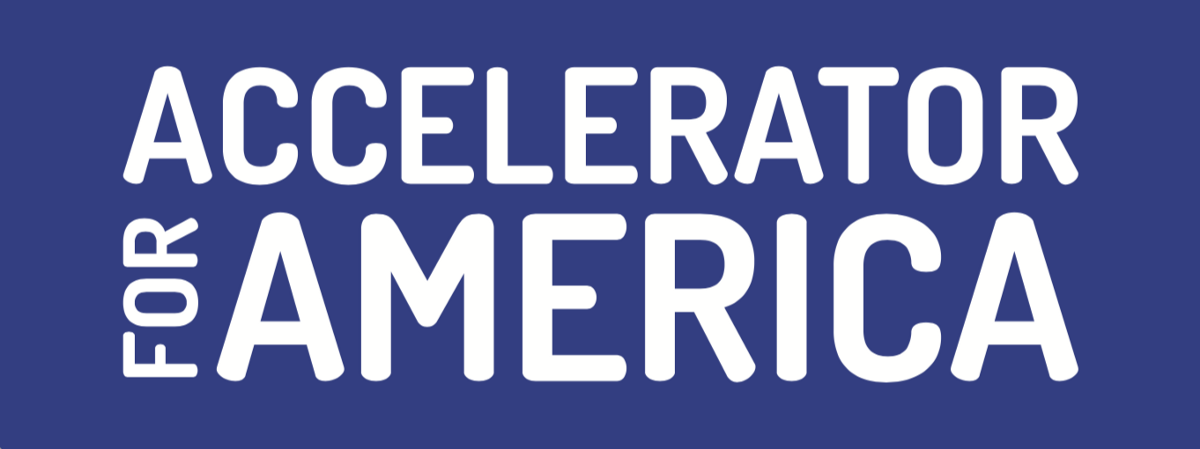Smart Cities Dive: Accelerator for America Nets Rockefeller Foundation Grant for Local Job Creation Efforts
Image: Pixabay
JASON PLAUTZ, SMART CITIES DIVE
DIVE BRIEF:
The Rockefeller Foundation is awarding a $250,000 grant to Accelerator for America to support model programs that enable job creation and infrastructure investments on the local level.
Accelerator for America — which models itself on tech accelerators with a focus on public works — has been working with leadership in South Bend, IN; Oklahoma City; and Louisville, KY to get investments from "opportunity tax incentives" designed for low-income communities. Those cities can offer a model for others on how to take advantage of the investment provisions written into the new federal tax reform bill.
The group has also worked with cities to push infrastructure revenue generation, including through bonds and tax measures on local ballots.
DIVE INSIGHT:
The "Opportunity Zones" provision from the Tax Cuts and Jobs Act offers certain tax incentives for investments in an "economically-distressed community," according to the Internal Revenue Service. The first set of opportunity zones, which covered 18 states, were announced by the Treasury Department in April, creating incentives for people inside and outside of those areas to invest in revitalization efforts.
Accelerator for America is trying to demystify the process for local communities, "that just as private enterprises go through new tax laws to identify and take advantage of every opportunity available to them," the group said in a statement, "so too should local governments."
Accelerator CEO Rick Jacobs said in a statement that his group is "working on a new dynamic to make national change that’s driven community-by-community, and real change is only possible when everyone is part of and benefits from it." The group’s advisory board is led by Los Angeles Mayor Eric Garcetti.
Rockefeller Foundation has thrown money behind the development of cities as economic engines, especially through its 100 Resilient Cities network to work on infrastructure and technology development. The new grant will help further that mission by making cities the root of economic development, especially around infrastructure development at a time when federal investments can be scarce.
Article originally published in Smart Cities Dive on August 23, 2018.

